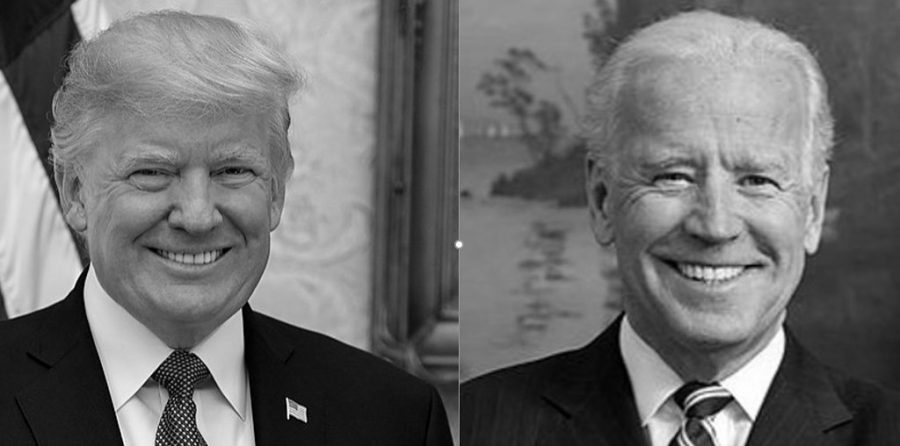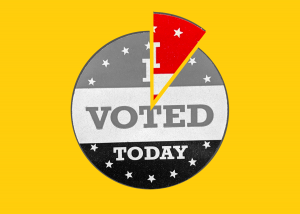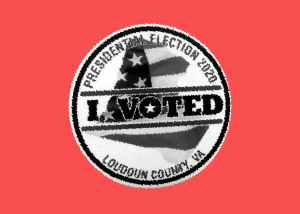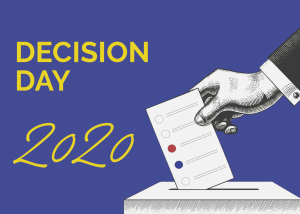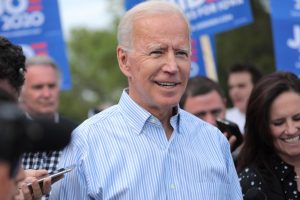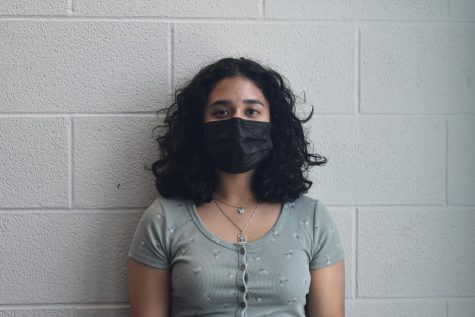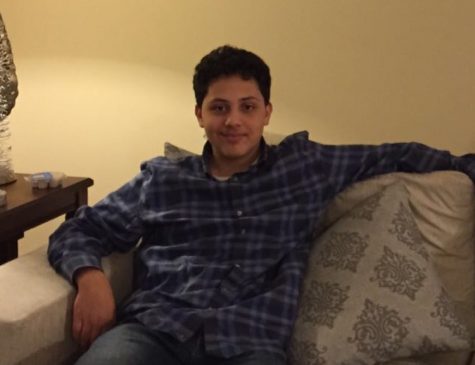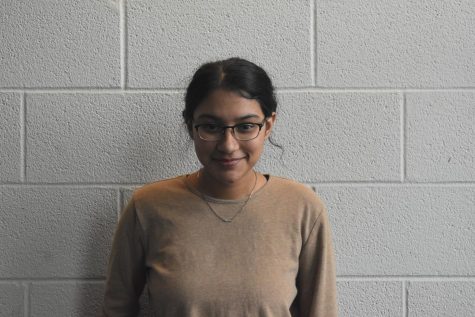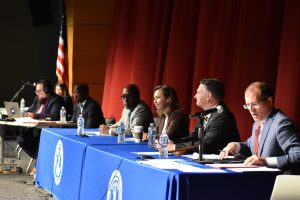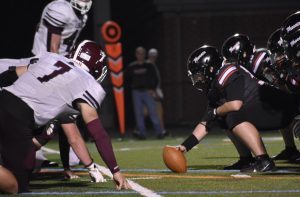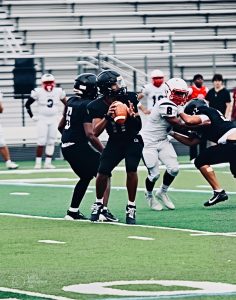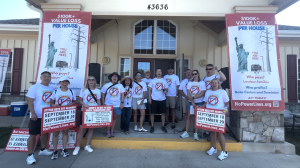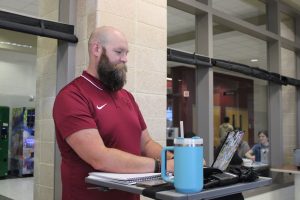Second Presidential Debate Canceled, Trump Rejects Virtual Format
After President Trump rejected the proposal of a virtual debate due to his positive coronavirus result, the Commission of Presidential Debates canceled the debate scheduled for Oct. 15.
Creative Commons, “Trump and Biden” by Andrea Widburg
Both presidential candidates, Donald Trump and Joe Biden, participated in virtual Town Halls instead of an in-person debate.
January 20, 2021
Due to President Donald Trump’s positive coronavirus diagnosis, the Commission of Presidential Debates proposed a plan to conduct the second debate virtually to avoid the spread of the virus. In a Fox Business interview with Maria Bartiromo, Trump announced he would not participate in the virtual format, calling it a waste of time and “ridiculous.” Trump also said, “The commission changed the debate style and that’s not acceptable to us.”
After the president’s statement, the commission canceled the second presidential debate altogether. The event would have taken place on Oct. 15. After a long back and forth between the commission and both the campaigns participating in the election, it was decided that the second debate would be canceled turning all attention to the final debate scheduled for October 22
“Vice President Biden looks forward to making his case to the American people,” Biden campaign spokesman Andrew Bates said. “It is shameful that Donald Trump ducked the only debate in which the voter got to ask the questions — but it’s no surprise.”
The Trump campaign argued that Trump was cleared to travel by his physician, Navy Commander Dr. Sean Conley, and, as there was no medical reason for the cancellation, the commission should allow an in-person debate, but the commission did not accept.
“I think Trump [needed the second presidential debate more than Biden], because Biden has had true campaign plans, while Trump doesn’t have a plan,” sophomore Arpan Das said. Das believes that Trump “was not thinking clearly” and that it was best that the second debate was conducted virtually. The second debate would have had the candidates answer questions from the voters as opposed to the first debate which involved a moderator asking the candidates questions.
“There were probably a lot of questions the public still wants to ask both the candidates,” senior Trang Luong said.
The voters were eager for a chance to ask the candidates questions that they could not avoid, which is easier to do in debates. “I feel like a lot of questions are not answered in the debates,” senior Lauren Schoener said. Although not officially approved, each candidate conducted a town hall meeting with the public through large news channels. Trump’s town hall aired on NBC; Biden appeared on ABC. Both candidates used this platform as an intended substitute for the canceled presidential debate.
In his town hall, Trump spoke about the way that his administration is handling the pandemic. “Vaccines are coming soon and our economy is strong,” he said, contrary to public health officials who estimate months until a vaccine rollout. On the other hand, Biden attacked Trump for how he handled the pandemic. “He missed enormous opportunities and kept saying things that weren’t true,” Biden said.
Both candidates avoided answering important questions. Trump avoided questions on his stance on mask-wearing, while Biden evaded questions on court-packing, “No matter what answer I gave you, if I say it, that’s the headline,” Biden said. Instead, both candidates focused on painting their own accomplishments in the best light.

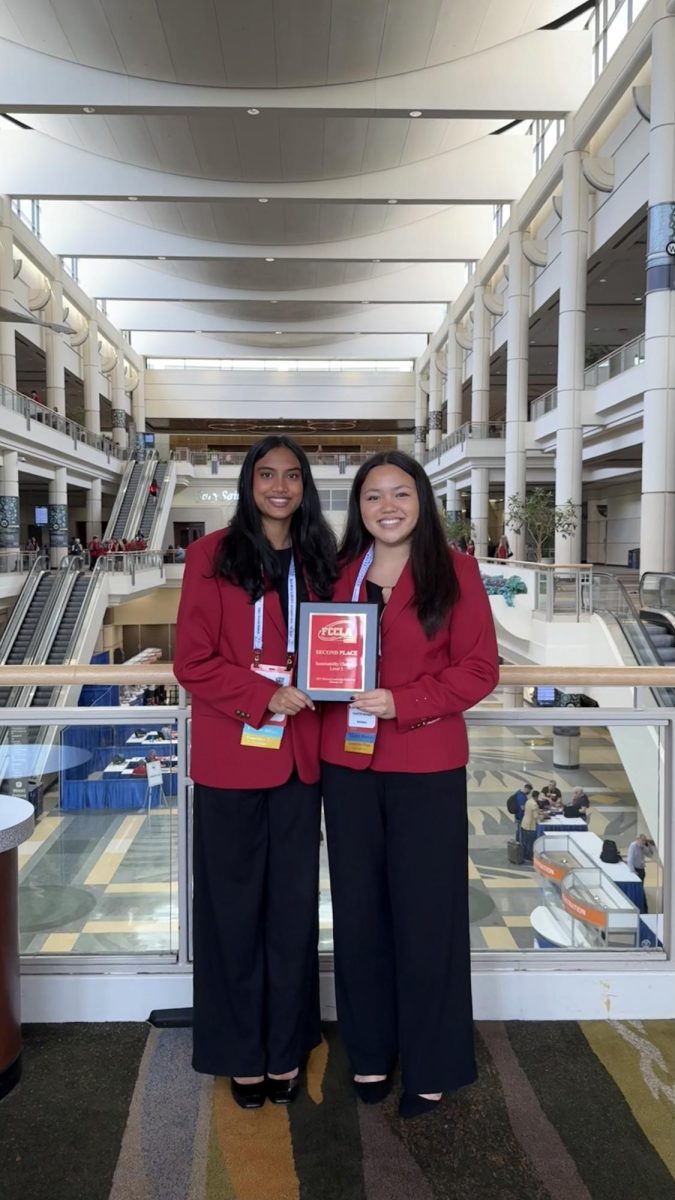



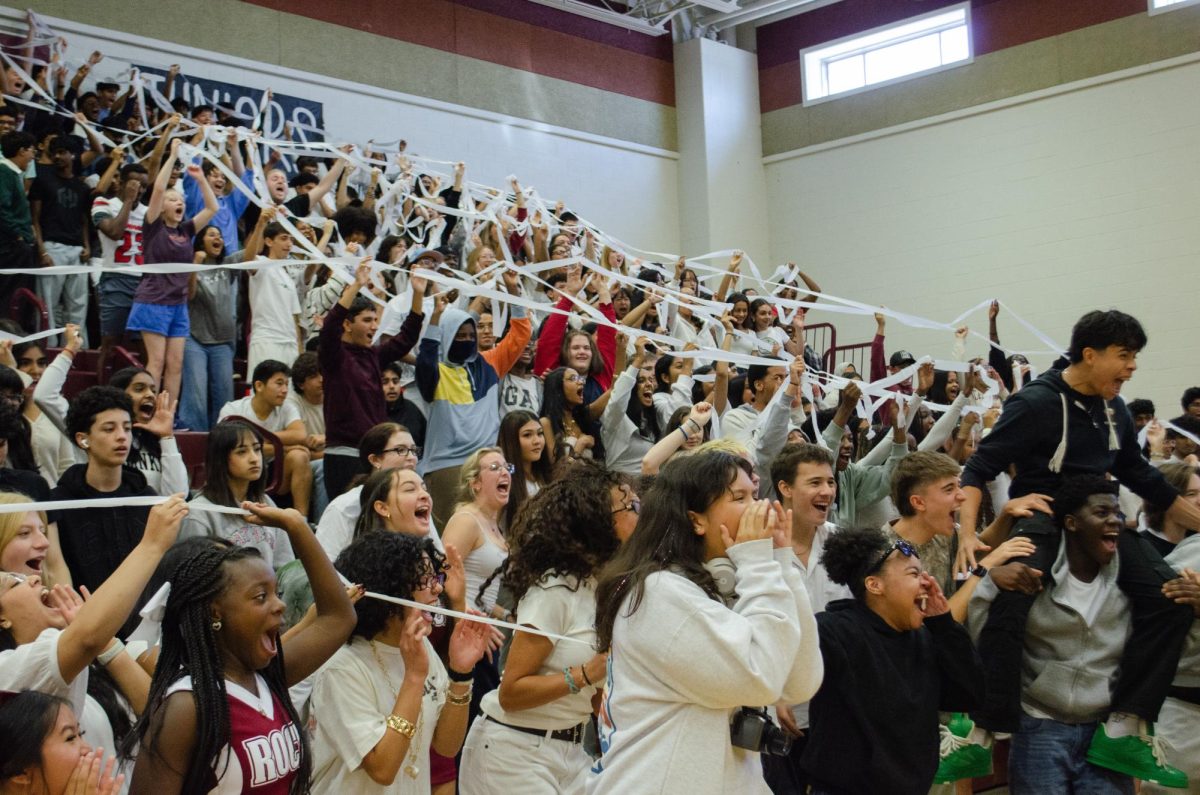










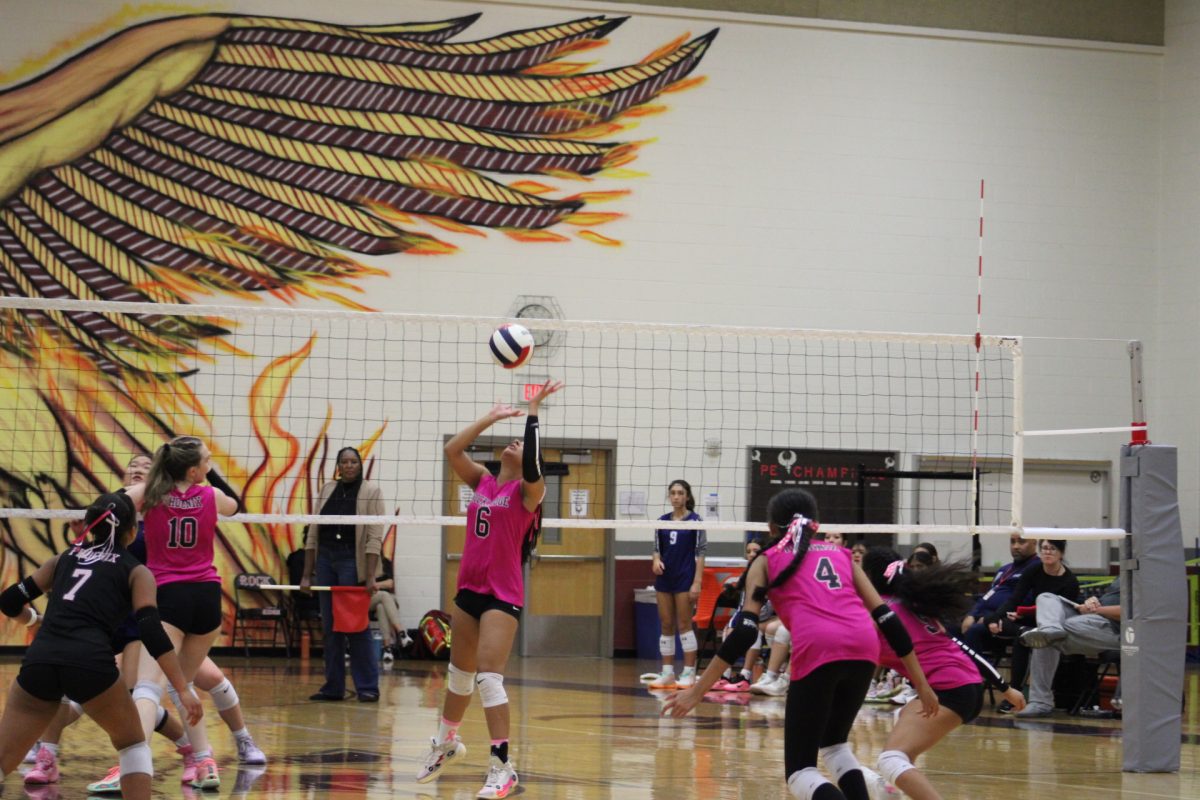



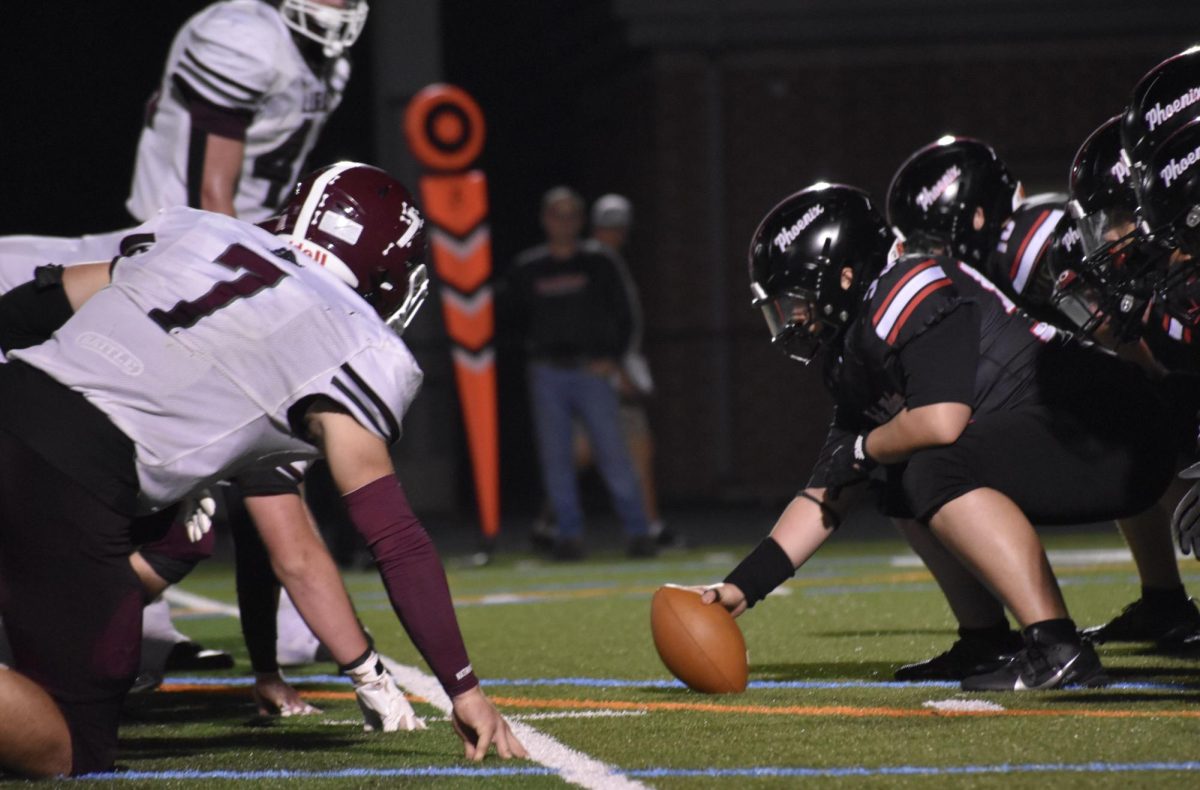





![The Phoenix varsity volleyball team lines up for the national anthem. “We were more communicative [with each other] during this game, and I feel like we kept our energy up, especially after the first set,” senior Jessica Valdov said.](https://theblazerrhs.com/wp-content/uploads/2024/10/DSC_0202-1200x800.jpg)










![Junior Alex Alkhal pitches the ball. “[I] just let it go and keep practicing so we can focus on our goal for the next game to get better as a team,” Alkhal said.](https://theblazerrhs.com/wp-content/uploads/2025/05/DSC_0013-1-1200x929.jpg)


















